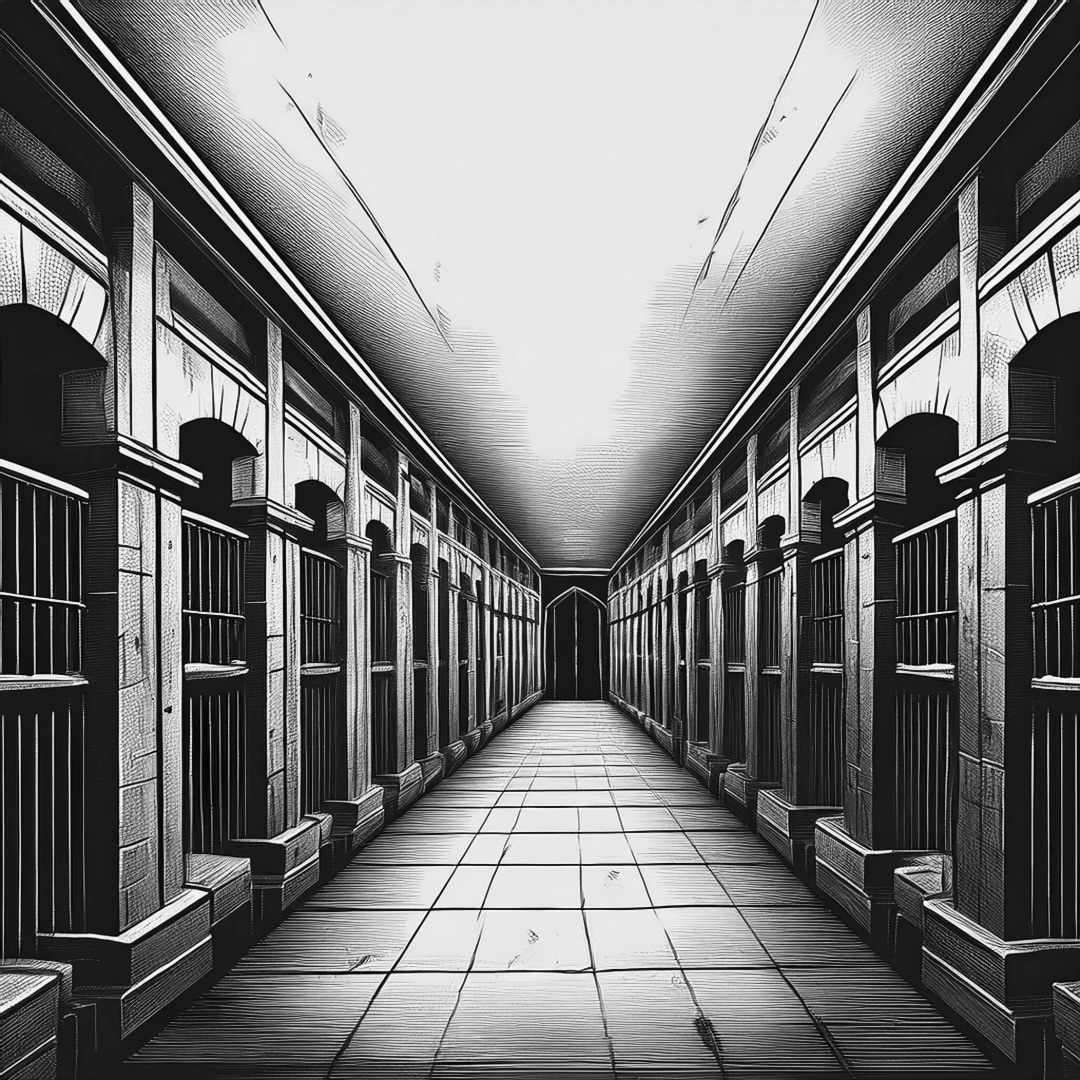In the heart of the Deep South, a man named Matthew Ray Walker suffered a brutal assault while incarcerated at Blount County Correctional Facility, an experience emblematic of the medieval prison conditions still plaguing Alabama. His harrowing ordeal is a vivid reminder of how the state’s correctional system, long criticized for its violence, neglect, and overcrowding, wreaks havoc on individuals’ lives.
Four to five years ago, Matthew Walker was booked into Blount County Jail for a weekend stay. What should have been a brief incarceration turned into a nightmare when he was thrown into C Block, general population. By Monday morning, Walker had been viciously attacked by a fellow inmate, Bobby O’Neil, whose name, face, and actions remain etched in Walker’s memory. With his face repeatedly slammed into a metal table, he was left unconscious, his teeth shattered, and blood pooling on the cell floor. His trauma did not end there. The guards, instead of rushing him to medical care, treated his life-threatening injuries as an afterthought, taking cellphone pictures of his bleeding head before deciding what to do. A simple call for help could have saved him from prolonged suffering, but it took a desperate scream—“I’m not dying in this place!”—before they finally sought medical attention.
Matthew’s story is not an isolated incident. Alabama’s prison system is notoriously one of the worst in the country. The Department of Justice has repeatedly filed lawsuits against the state for the “cruel and unusual” conditions inmates are subjected to. Overcrowding, understaffing, rampant violence, and a lack of adequate medical care are the norm. According to a 2020 DOJ report, Alabama’s prison system holds nearly double the number of inmates it was designed for, and the violence, especially among inmates, is among the highest in the nation.
The case of Matthew Walker underscores a broader issue of brutality that seeps through the cracks of the state’s correctional facilities. Inmates are often left to the mercy of other prisoners, with inadequate supervision from guards who either turn a blind eye or actively participate in the violence. The fact that Matthew’s attacker was allowed to clean up his own mess, that the guards took pictures rather than immediately call for medical help, is evidence of a broken, indifferent system. The doctor who treated Walker at the hospital even leaned in and told him the truth: “This happens here.”
Statistics show that Alabama’s prison conditions aren’t just dangerous; they’re deadly. The state has one of the highest rates of inmate deaths, many of which are attributed to violence, medical neglect, and suicide. In 2020 alone, Alabama prisons reported 33 homicides, a staggering figure when compared to other states. Coupled with inadequate mental health care, many inmates like Walker are left dealing with lifelong trauma, further complicating their already difficult reintegration into society once released.
The consequences of these medieval prison conditions reach far beyond the prison walls. Matthew Walker’s life has never been the same since his attack. Once a skilled worker at a stereo company in Hoover, he now struggles with physical and mental health issues that have left him unable to hold down a job. His marriage has ended, and he finds himself living in isolation, unable to piece his life back together. His story is one of survival, but the emotional scars run deep—scars that the Alabama prison system is responsible for.
The conditions in Alabama’s prisons are a stain on the state’s conscience. No human being, regardless of their crime, should be subjected to the kind of inhumane treatment that Walker endured. The state must confront its failing correctional system, invest in rehabilitation, and ensure that inmates are treated with dignity and respect. Until then, the prison system in Alabama will continue to destroy lives, like Matthew Walker’s, long after the prison doors have closed behind them.
It’s time for Alabama to move out of the dark ages and into the light of justice and humanity.

